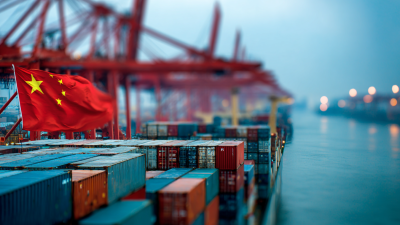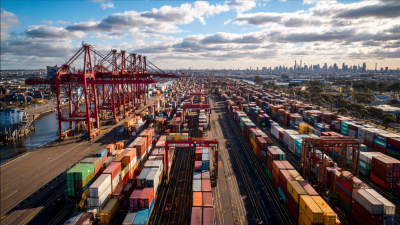In today’s interconnected world, the role of freight forwarders has become increasingly vital in enhancing global trade efficiency. Freight forward, as a comprehensive logistics service, facilitates the smooth movement of goods across borders by managing the complexities associated with international shipping. With the rise of e-commerce and the expansion of global markets, businesses rely on freight forwarding services to navigate regulatory requirements, optimize shipping routes, and negotiate favorable freight rates.
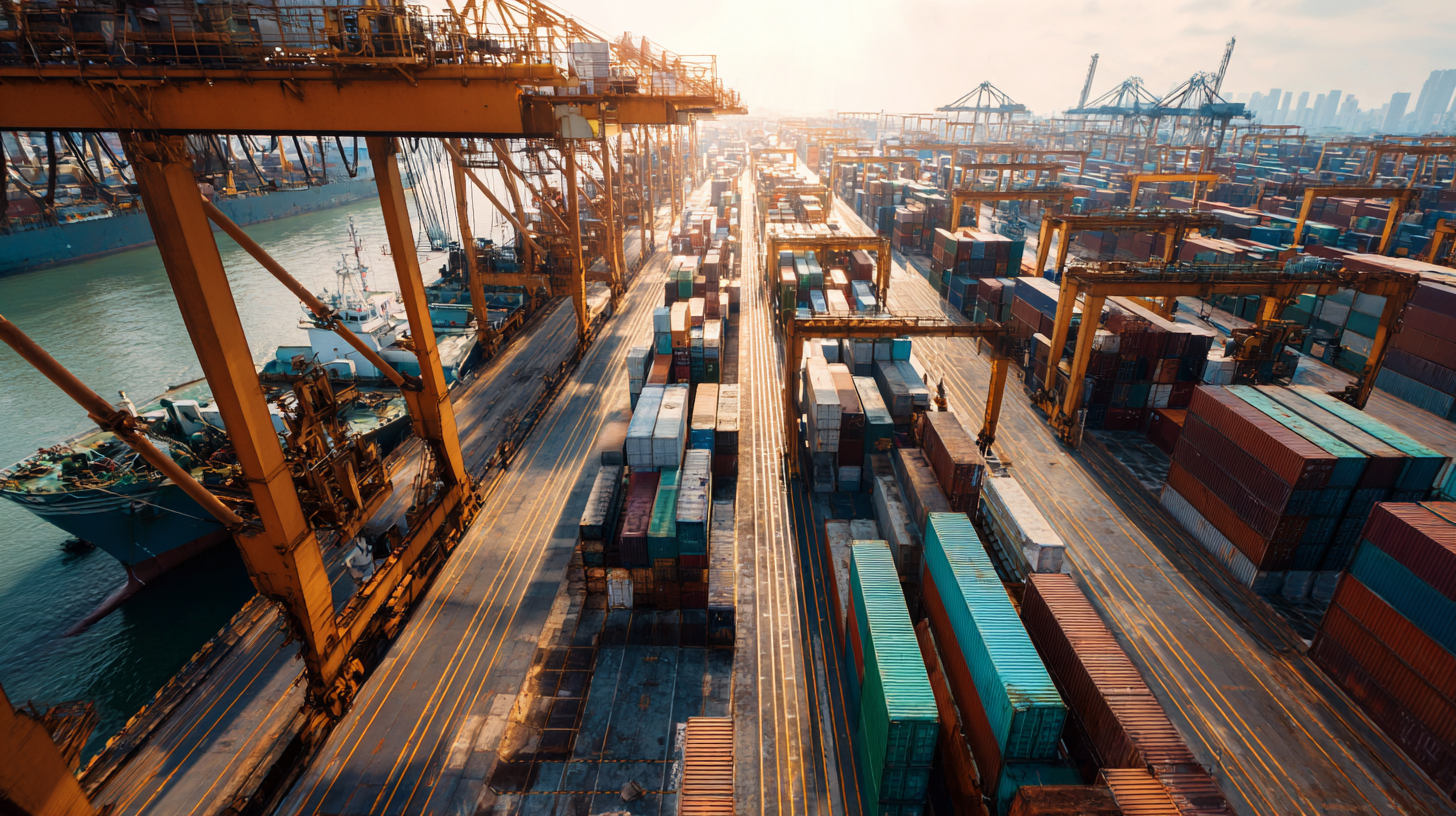
The integration of digital technologies has further revolutionized the freight forwarding industry, enabling real-time tracking, improved transparency, and better communication between various stakeholders. As companies strive to streamline their supply chains and meet rising consumer demands, understanding the importance of freight forwarding becomes essential for achieving operational efficiency and competitiveness in the global marketplace.
Freight forwarding plays a critical role in enhancing the efficiency of global supply chains by serving as an intermediary between shippers and logistics services. It facilitates the smooth movement of goods across borders, ensuring that shipments comply with international regulations and documentation requirements. By managing the logistics and transportation processes, freight forwarders streamline operations, allowing businesses to focus on their core activities rather than the complexities of shipping.
Moreover, freight forwarders leverage their extensive networks and expertise to optimize shipping routes and costs. They provide valuable insights into local market conditions, customs procedures, and potential risks, which can significantly reduce the time and expense associated with international trade. By effectively coordinating the various elements involved in the transportation process — such as trucking, warehousing, and air or sea freight — they ensure the timely delivery of goods. This not only accelerates the supply chain but also enhances overall customer satisfaction, making freight forwarding an indispensable component of modern global commerce.
| Dimension | Description | Importance | Impact on Global Supply Chain |
|---|---|---|---|
| Cost Management | Effective budgeting for transportation and logistics. | Helps minimize shipping costs and allocate resources efficiently. | Reduces overall logistics costs, improving profitability. |
| Documentation | Preparation and management of all shipping documentation. | Ensures compliance with local and international regulations. | Facilitates smooth customs clearance, minimizing delays. |
| Risk Management | Identification and mitigation of potential shipping risks. | Protects shipments from loss, theft, damage, or delays. | Enhances reliability and trust in the supply chain. |
| Global Networking | Building connections with carriers and stakeholders worldwide. | Leverage relationships for better service and pricing. | Promotes smoother operations across various geographies. |
| Technology Utilization | Implementation of advanced logistics technologies. | Improves tracking, communication, and efficiency. | Streamlines processes, leading to faster delivery times. |
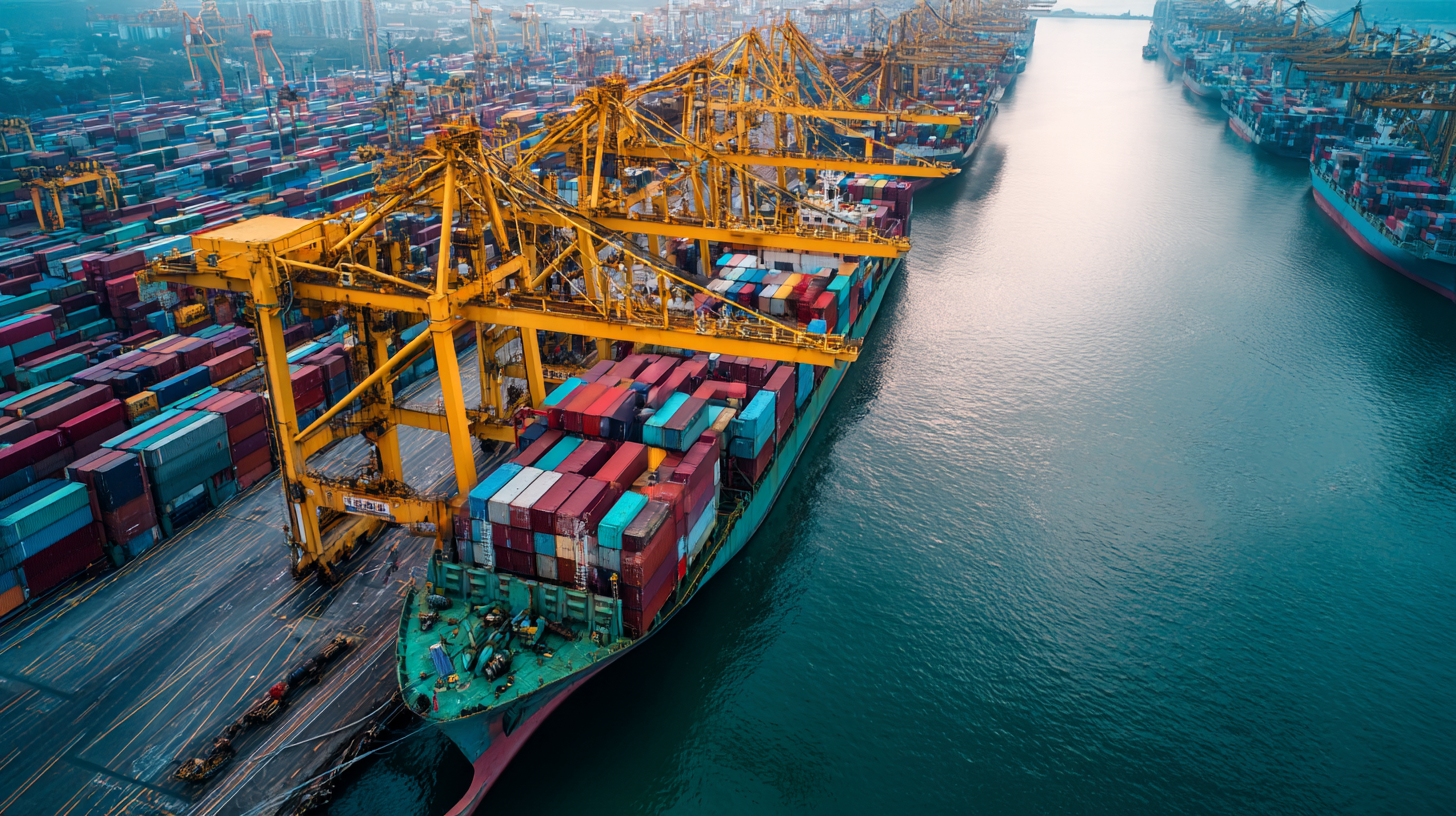 Freight forwarding plays a crucial role in the global trade ecosystem, acting as a bridge between manufacturers and consumers across borders. As international trade continues to expand, the efficiency of freight forwarding becomes paramount in managing and streamlining the transportation of goods. By leveraging established networks, freight forwarders can optimize shipping routes, reduce transit times, and lower costs, all of which contribute significantly to increasing trade volumes.
Freight forwarding plays a crucial role in the global trade ecosystem, acting as a bridge between manufacturers and consumers across borders. As international trade continues to expand, the efficiency of freight forwarding becomes paramount in managing and streamlining the transportation of goods. By leveraging established networks, freight forwarders can optimize shipping routes, reduce transit times, and lower costs, all of which contribute significantly to increasing trade volumes.
The impact of freight forwarding on trade volumes is multifaceted. Effective freight forwarding translates into quicker delivery times, which enhances the reliability of supply chains. This reliability fosters greater trust among trading partners and encourages them to expand their operations internationally. Moreover, as businesses increasingly seek to enter new markets, the expertise of freight forwarders in navigating customs regulations and documentation requirements becomes indispensable. By simplifying these complex processes, freight forwarders not only facilitate smoother transactions but also empower businesses to respond nimbly to market demands, further driving up trade volumes worldwide.
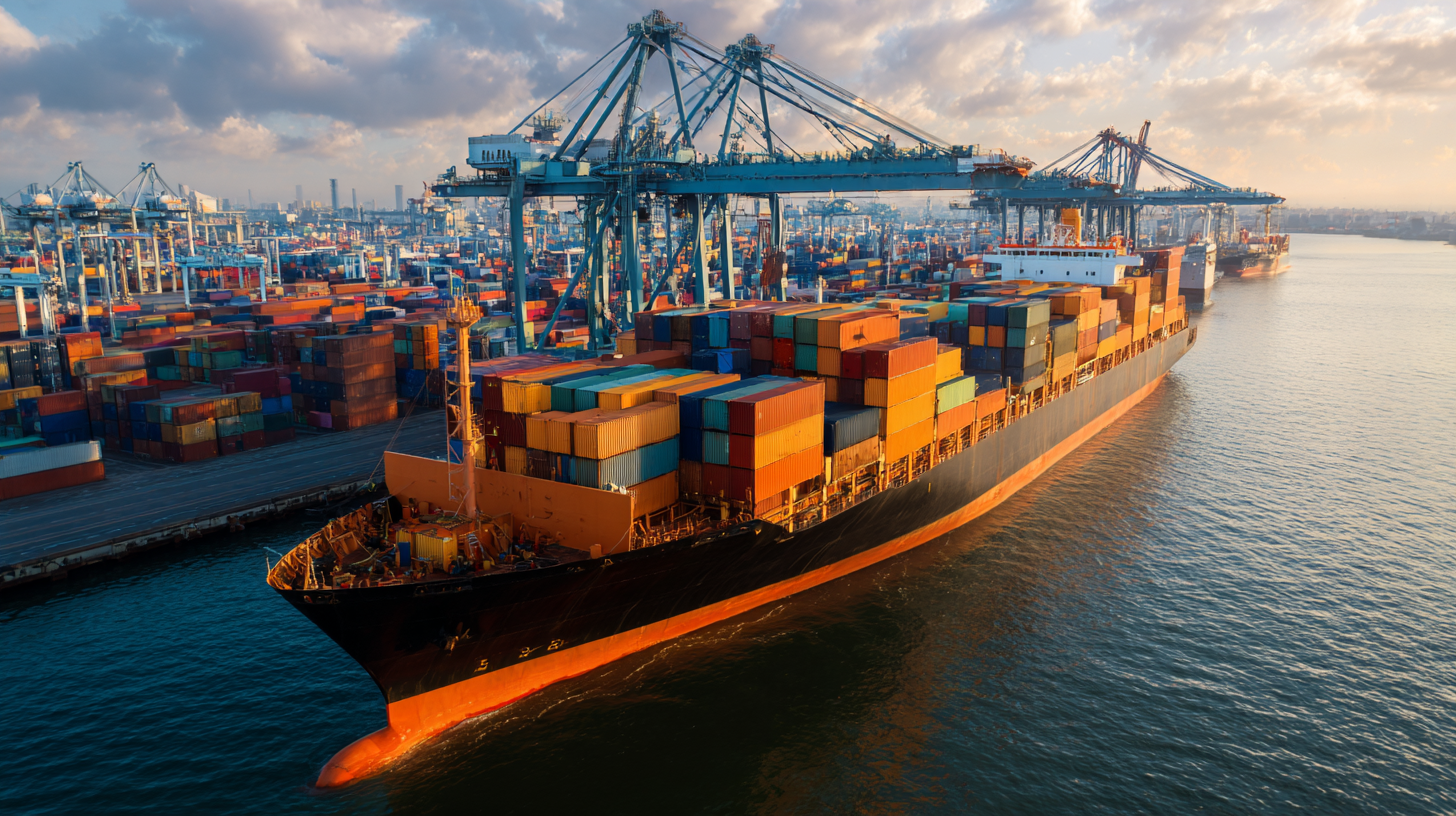 Freight forwarding plays a pivotal role in streamlining logistics and enhancing cost efficiency in global trade. According to a 2021 report by the International Freight Forwarders Association (IFFA), businesses utilizing professional freight forwarders can save up to 20% on shipping costs compared to handling logistics in-house. This reduction is largely due to the expertise these professionals have in optimizing routes and consolidating shipments, leading to better freight rates and reduced transit times.
Freight forwarding plays a pivotal role in streamlining logistics and enhancing cost efficiency in global trade. According to a 2021 report by the International Freight Forwarders Association (IFFA), businesses utilizing professional freight forwarders can save up to 20% on shipping costs compared to handling logistics in-house. This reduction is largely due to the expertise these professionals have in optimizing routes and consolidating shipments, leading to better freight rates and reduced transit times.
Moreover, the World Bank's Logistics Performance Index indicates that countries with well-developed freight forwarding networks see 15-25% lower logistics costs as a percentage of GDP. By leveraging economies of scale, freight forwarders negotiate competitive rates with carriers, which are consequently passed on to shippers. Additionally, the integration of advanced technologies in freight forwarding—such as real-time tracking and automated customs clearance—further minimize delays and costs associated with traditional shipping methods. This technological advancement not only streamlines operations but also enhances transparency in the supply chain, allowing businesses to make more informed decisions that contribute to their overall cost efficiency.
The digital transformation of freight forwarding is reshaping the logistics landscape, driving efficiency and innovation across the sector. As businesses increasingly adopt digital logistics platforms, they enhance transportation efficiency and strengthen supply chain resilience. With AI technologies becoming integral to this evolution, logistics companies are witnessing a revolution that not only streamlines operations but also reduces costs significantly. Recent studies indicate that AI-powered innovations can cut logistics expenses by 15%, optimize inventory levels by 35%, and improve service levels by 65%.
Moreover, the integration of generative AI and agentic AI is setting the stage for a new era in logistics, where automation and intelligent decision-making are paramount. The focus on green innovation is also critical, as companies strive to create sustainable operations while exceeding ESG standards. This dual emphasis on efficiency and environmental accountability positions freight forwarding as a key enabler of global trade, driving forward not just profitability but also social responsibility in logistics practices.
The robust adoption of these technologies will continue to redefine industry standards and consumer expectations in the coming years.
Regulatory compliance in freight forwarding is becoming increasingly critical in the realm of global trade, especially as businesses navigate a labyrinth of evolving regulations. According to recent industry studies, 70% of supply chain professionals identify compliance management as a major concern, highlighting the risks associated with non-compliance, which can lead to fines, delays, and reputational damage. In the face of tariff uncertainties and changing trade policies, companies must conduct thorough risk assessments to identify unique compliance challenges relevant to their operations.
One key strategy for achieving compliance is leveraging advanced technology. Reports indicate that incorporating AI solutions can enhance compliance processes by automating documentation and logistics, thereby reducing the likelihood of errors. As global trade dynamics shift, businesses that embrace these tools are better positioned to mitigate risks and streamline their operations.
**Tips:**
- Stay updated on the latest trade policies and compliance requirements to avoid unexpected penalties.
- Conduct regular training for your team on compliance best practices to foster a culture of awareness and responsibility.
- Consider implementing an automated compliance management system to minimize human error and enhance efficiency.
This chart illustrates the significance of regulatory compliance in the freight forwarding industry, highlighting the percentage of companies adhering to key regulations in global trade.



